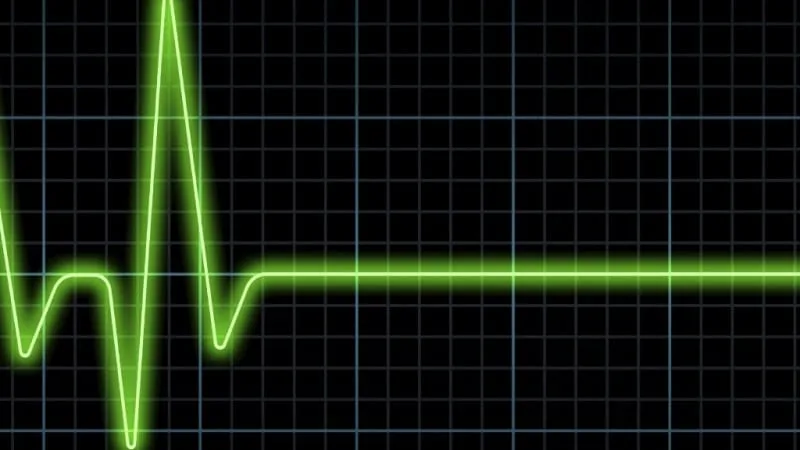Friday, 26 August 2016
A new study is holding out the possibility of more affordable electrocardiograph screening evaluations for young athletes.
Identifying young athletes with potentially serious heart disease is an important focus of the medical community. Electrocardiographic (ECG) screening for cardiac disease can reduce the frequency of sudden cardiac death by nearly 90%. However ECG screening has a high false-positive rate which generates additional investigations to confirm or rule out cardiac disease. The workload and costs generated are commonly cited reasons not to screen athletes with ECG.
A team of researchers from St George’s, University of London led by Professor of Cardiology, Sanjay Sharma, investigated nearly 5000 young athletes undergoing cardiovascular screening between the years 2011 and 2014, thanks to a screening programme run by the charity Cardiac Risk in the Young.
The athletes were screened by cardiologists with a health questionnaire pertaining to cardiac symptoms and family history, physical examination and an ECG which was interpreted according to the 2010 European Society of Cardiology (ESC) recommendations. Athletes with positive screening findings were referred to their local hospitals for additional investigations to confirm or refute a diagnosis of cardiac disease.
The researchers retrospectively investigated what the impact on cost would have been if alternative, more recent sets of criteria (Seattle criteria and refined ECG criteria) had been applied instead.
In the group of athletes, 21.8% had an abnormal ECG on the basis of the 2010 ESC recommendations. However applying the modified criteria would have reduced the number of positive ECGs to 6.0% (Seattle) and 4.3% (refined criteria). This would have reduced the number of athletes needing to attend for futher investigations.
Importantly, 15 (0.3%) athletes were diagnosed with potentially life-threatening disease by all 3 ECG criteria.
As a consequence, the more recent ECG interpretation guidelines would have led to an impressive 21% reduction in the cost to screen young athletes, without compromising the ability to detect serious cardiac disease.
The study was published in the Journal of American College of Cardiology, the top cardiovascular journal worldwide.
Harshil Dhutia, Clinical Research Fellow and the Lead Researcher, said; “This is a very important addition to the ongoing debate relating to best practice in screening young athletes. In the current financial climate, the findings will be welcomed by health authorities and sporting organisations that advocate ECG screening for their athletes. The reduction in cost also means that cardiac screening could now become a possibility for many smaller and less-financially endowed sporting clubs, allowing their young athletes to exercise safely.”

